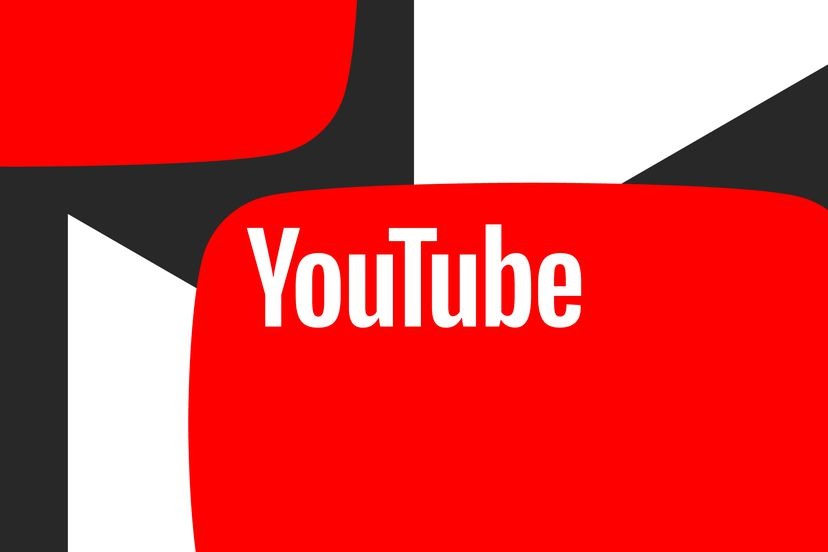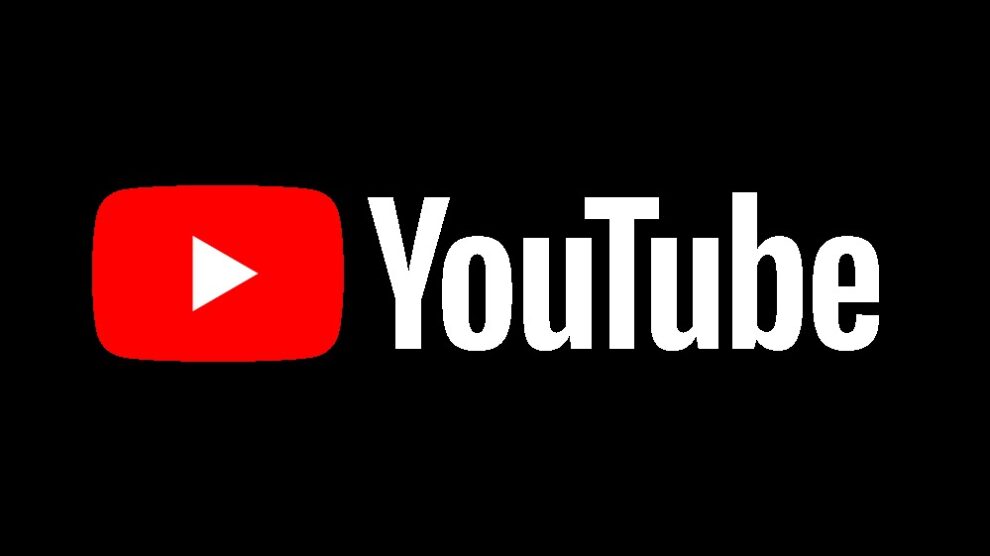In a significant move towards enhancing transparency and combating misinformation, YouTube has announced a new policy that mandates content creators to disclose any alterations made in their videos. This initiative addresses growing concerns over the impact of manipulated content, including deepfakes, on viewer perception and misinformation spread.
Understanding Altered Content
Altered content encompasses any video material that has been manipulated to misrepresent reality. This broad definition includes modifications ranging from editing out certain elements to sophisticated alterations like deepfakes. Deepfakes, which utilize artificial intelligence to create hyper-realistic video content, represent a potent form of altered content, capable of convincingly mimicking real individuals’ appearance and voice.
The Importance of Disclosure
The new disclosure requirement stems from the need to clarify the authenticity of video content for viewers. Recognizing altered content enables viewers to approach the information with a critical mindset, particularly with deepfakes, whose realism can lend undue credibility to false information.
YouTube’s Enforcement Strategy
While YouTube has yet to detail its enforcement mechanisms for this policy, implications for non-compliance are expected to be stringent. Creators who fail to disclose alterations risk facing repercussions such as video removal or channel demonetization, underscoring the platform’s commitment to this transparency initiative.
Implications for Content Creators
For creators who incorporate altered content in their videos, this policy necessitates a new layer of communication with their audience. Disclosure can be achieved through various means, such as on-video text overlays or notes within the video description, ensuring viewers are informed about the content’s altered nature.
Viewer Perspective
This policy shift promises a more transparent viewing experience, empowering the audience with knowledge about the content’s authenticity. This enhanced understanding is crucial for fostering informed engagement with video content on the platform.

A Positive Step Towards Transparency
YouTube’s policy on altered content represents a proactive approach to mitigating misinformation risks while fostering greater transparency on the platform. By holding creators accountable for disclosing content alterations, YouTube aims to bolster viewer trust and critical engagement with video content.
Additional Considerations
- The Deepfake Dilemma: The rise of deepfakes highlights the dual-edged nature of technological advancements, capable of both innovative applications and malicious misuse. Awareness and regulation are key to mitigating the risks associated with this technology.
- Viewer Responsibility: Combating misinformation is a collective effort. Viewers play a crucial role by critically assessing content and verifying information before dissemination.
- The Evolving Landscape of Altered Content: As technology advances, so too will the methods of content alteration. Platforms like YouTube must continuously evolve their policies and detection methods to address these challenges effectively.
Conclusion
YouTube’s initiative to require disclosure of altered content marks a significant step forward in the battle against misinformation and the pursuit of transparency in digital media. By clarifying the nature of video content, the platform not only enhances viewer awareness but also encourages a more discerning consumption of digital information. As we navigate the complexities of the digital age, such measures are instrumental in maintaining the integrity of online content and fostering an informed viewer community.










Add Comment